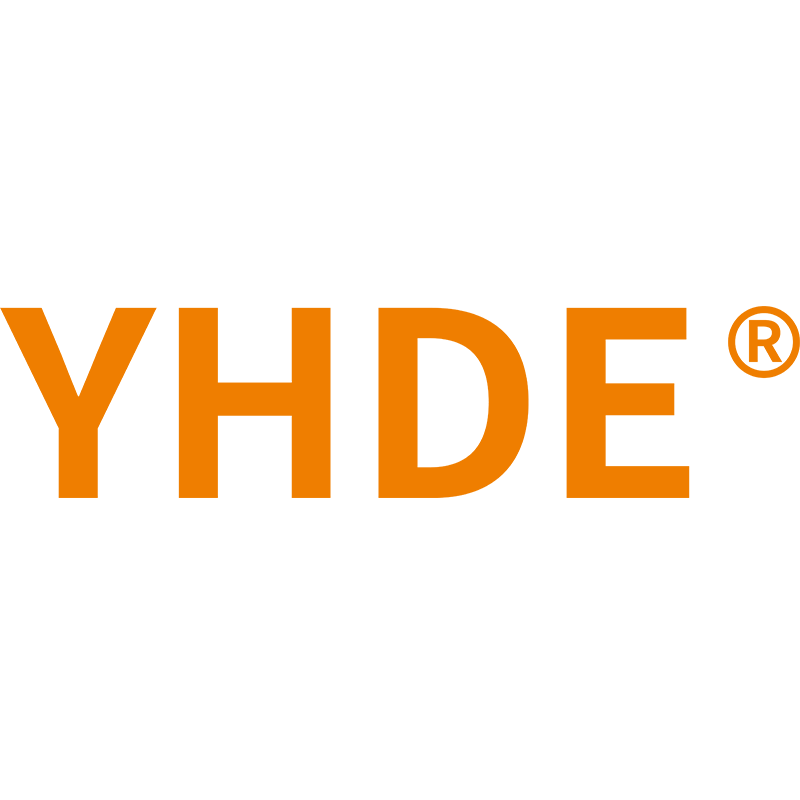Double vane pump PV2R34-94-237-F-RAAA-30 model analysis and technical parameters
1.PV2R34-94-237-F-RAAA-30 Model Analysis
PV2R34: Indicates the serial number of the vane hydraulic pump.
94: Indicates the nominal displacement of the small-displacement pump in cm³/rev.
237: Indicates the nominal displacement of the large-displacement pump in cm³/rev.
F: Indicates the mounting type of the double vane pump.
R: Indicates the rotation direction of the PV2R34 vane pump.
A: Indicates the direction of the oil discharge port of the small-displacement double vane pump.
A: Indicates the direction of the oil discharge port of the large-displacement double vane pump.
A: Indicates the direction of the oil suction port of the vane hydraulic pump.
30: Indicates the design code of the double pump.
2.PV2R34-94-237-F-RAAA-30 Technical Specifications
Maximum operating pressure: 210 kgf/cm²
Small displacement pump theoretical displacement: 93.6 cm³/rev
Large displacement pump theoretical displacement: 237 cm³/rev
Speed range: 600-1800 rpm
Volume efficiency: ≥90%
Overall efficiency: ≥85%
Noise level: ≤75dB(A)
Motor power: 7.5kW (standard configuration)
3.PV2R34-94-237-F-RAAA-30 Product Features
Double design: Two independent pump bodies are connected in series to achieve different displacement combinations (main pump 94mL/rev, auxiliary pump 237mL/rev), meeting the multiple pressure/flow requirements of complex hydraulic systems.
High-pressure performance: The maximum working pressure is 350Bar (5000psi), suitable for occasions requiring high-pressure output (such as injection molding machines, construction machinery).
High efficiency and energy saving: volumetric efficiency ≥90%, total efficiency ≥85%, using optimized blades and rotors to reduce energy loss.
Compact structure: The double-connected design reduces the axial length, saves installation space, and supports flange or base installation.
4. PV2R34-94-237-F-RAAA-30 Application Scenarios
Industrial hydraulic system: suitable for machine tools, plastic machinery, metallurgical equipment, engineering machinery and other occasions requiring high pressure and high flow.
Space-constrained projects: A single drive motor drives two pumps, saving space and reducing energy consumption.
Energy-saving needs: The main and auxiliary pumps can combine high and low pressure outputs to optimize system energy efficiency.
